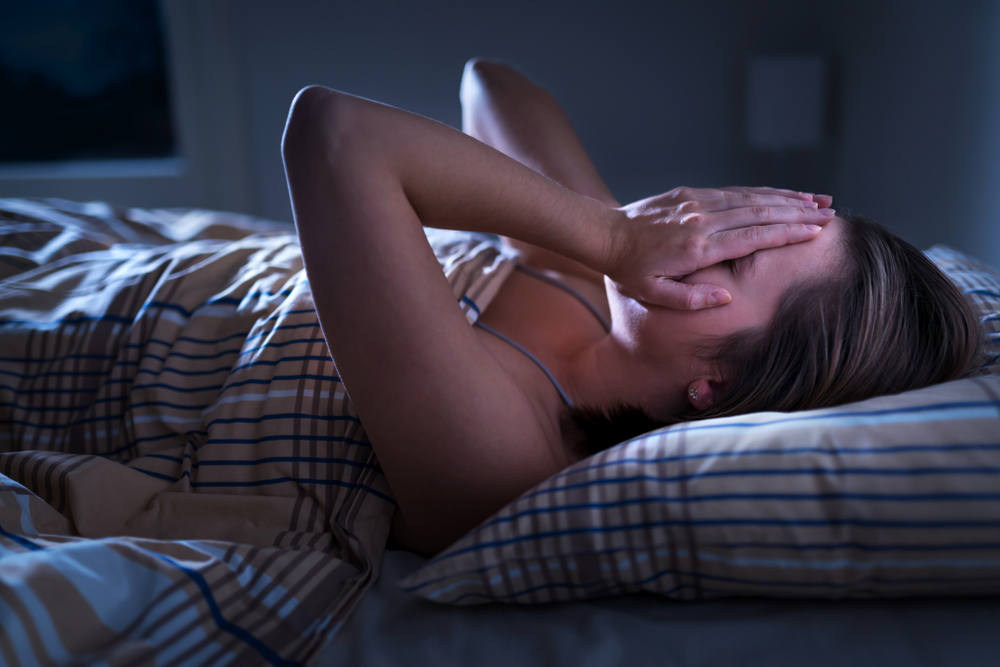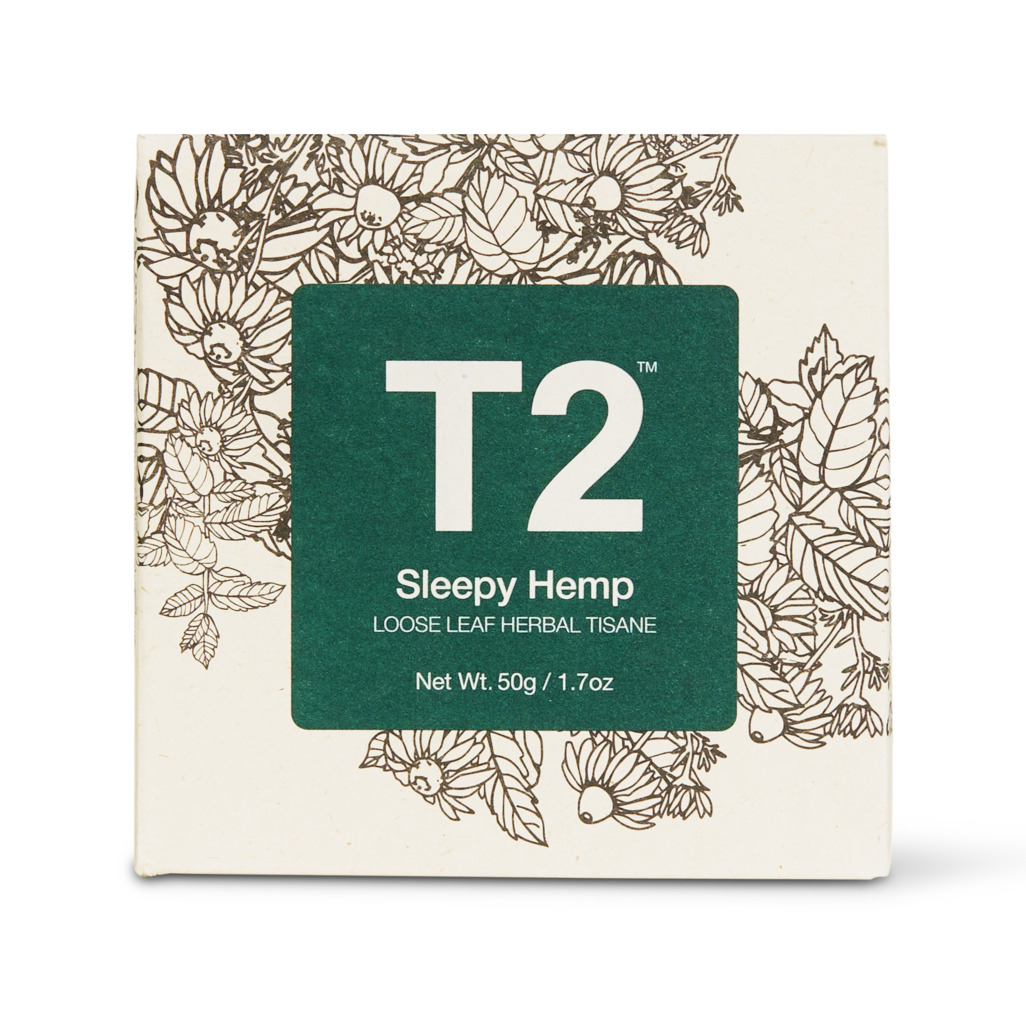A growing number of us are having trouble sleeping these days. Did you know, poor sleep can affect your health and fitness, your performance in training and your post-workout muscle recovery? If you’re struggling to get some sleep, follow our guide to rest easy and keep your fitness goals on track…
Words: Louise Pyne | Images: Shutterstock
Practically all of us would agree how much better we feel after a goodnight’s sleep. Whether you go for an early night or have a weekend lie-in, getting the recommended eight hours is paramount in keeping physical and mental health on track. Adequate sleep is also crucial to for exercise, as it is directly linked to our fitness performance and muscle recovery.
But the latest data from a study carried out by experts at Southampton University shows that sleep loss is on the rise, with one-in-four of us citing sleep problems since the Covid-19 pandemic hit. Poor sleep can throw fitness gains off track, so if you’re not smashing your PB or feel your progress is starting to plateau, find out how you can rework your sleep routine to help power up your gym performance.
The link between sleep and muscle recovery
Sleep is fundamental for muscle building and recovery. Your muscles grow and repair when you are snoozing, and your body is also working hard at helping to offset injury whilst you get your forty winks.
‘Often when we hear the word recovery, we think of post-workout meals, adequate protein, rest days and myofascial release. Whilst all of these have a place in muscle recovery post-exercise, they will never be able to achieve the same recovery results as one activity that we all perform daily, yet often neglect: sleep,’ shares Nathalie Lennon, Polar ambassador, personal trainer and nutritionist.
Interestingly, a 2019 study published in the Orthopaedic Journal of Sport showed that athletes who slept eight hours a night lowered their risk of injury by a whopping 61 per cent. The study also reported that athletes who met various nutritional requirements reduced the odds of injury by 64 per cent, which highlights just how important a healthy lifestyle is when it comes to keeping fitness levels high.
‘Trying to train or even live well without good sleep is only going to put your training results on a downwards trajectory,’ believes Will Goodge, head coach of Puresport Run Club.

The effects of poor sleep on fitness and muscle recovery
You only need to think about how you feel after a bad night’s sleep to understand how crucial adequate slumber time is to health, fitness and muscle recovery. From low mood and motivation levels to poorer immunity and prolonged DOMS, you risk your wellbeing when you don’t sleep enough. ‘It can become a negative cycle, especially mentally, as you get lesser results and so you train harder but the cycle continues,’ adds Goodge.
There are three main stages of sleep, and during each stage your body is carrying out specific functions. ‘The three stages are light sleep, deep sleep and REM (rapid eye movement) sleep. During deep sleep, the body releases hormones which it then uses to recover, the main one being human growth hormone (HGH). When the pituitary gland in the brain releases HGH, this stimulates our muscles tissues to heal, grow and repair,’ explains Lennon. Essentially, the better your sleep quality and longer your night’s sleep, the better your fitness and muscle recovery will be.
Does exercise improve sleep?
Scientists back up the benefits of moving more in order to improve sleep. And, apparently, it doesn’t matter what time of the day you work out, with one poll by the American Sleep Foundation showing that exercising at any time of the day improved sleep by reducing the time it takes to drift off.
Following a healthy diet can also help to improve sleep. Ditch excess salt, sugar and processed foods for whole foods and plenty of fruits and vegetables. Try to go to sleep and wake up at the same time each day to get your body into a routine. ‘Our body operates off a circadian rhythm [the body’s internal clock] which requires sleep consistency. Sleep well and you’re guaranteed to feel more energised and upbeat,’ says Lennon.
How to prepare yourself for a good night’s sleep
Fill your day with these activities and foods to prepare yourself for a better night’s sleep…
- First thing: Do a round of yoga sun salutations to kickstart your day.
- Within an hour of waking: Head outside for a leisurely walk.
- Lunch: Prepare a nourishing lunch of butter beans, kale, spinach, beetroot, tomatoes and avocado. Top with nuts and seeds and dress with olive oil and lemon juice.
- Mid-afternoon: Have a cup of calming chamomile tea to help unwind.
- Early evening: Run a warm bath scented with lavender bath oil.
- Late evening: Avoid digital devices and curl up with a good book.
3 of our favourite sleep products

Puresport Unwind Nootropic Capsules (£30). This de-stressing blend of ashwagandha, Montmorency cherry, l-theanine and other sleep-boosting ingredients will help to relax your mind and body after a long day.

T2 Sleepy Hemp Tea (£12). Sip a cup of this calming tea before bed. The delicate blend of lemongrass, chamomile and hemp seeds will help settle you into a deep slumber. Available in loose leaf or teabag form.

Polar Ignite 2 Watch (£199.50). This handy fitness watch will help you to monitor your workouts, recovery and sleep so that you can make tweaks when needed.







